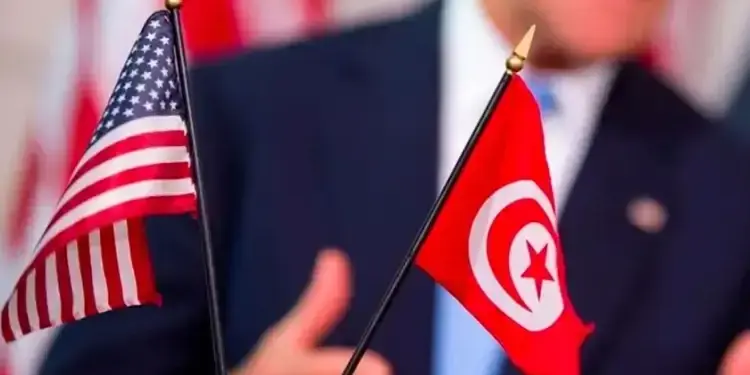Zimbabwean president Emmerson Mnangagwa recently made a decision that could inspire other countries, including Tunisia. Faced with the taxation by the United States of 18 % taxes on its exports, it has suspended customs duties on products imported from the United States in the hope of improving trade relations with the Trump administration.
Such an initiative aims to facilitate American imports and promote Zimbabwe exports, whose trade with the United States in 2024 amounted to $ 111.6 million (around 341 million Tunisian dinars), a relatively low figure compared to other business partners.
However, this decision is not without controversy. According to analysts, although it can reduce diplomatic tensions, it does not seem to offer substantial economic benefits for Zimbabwe. Zimbabwean exports to the United States in 2024 increased by 10.6 %, reaching 43.8 million dollars, but imports from the United States fell 41 %, encrypting $ 67.8 million.
For its part, Tunisia is faced with a similar situation. From April 9, the United States will apply a 28 % tax on Tunisian products, including olive oil and dates, two essential products from Tunisian exports. In 2024, Tunisian exports to the United States reached 1,935 million dinars (around $ 600 million), while imports from the United States amounted to 1,992 million dinars (around $ 620 million). This tax could affect the competitiveness of these products on the American market, where Tunisia had gradually imposed itself as a major player.
In this context, Tunisia could consider an answer inspired by the example of Zimbabwe. By suspending certain taxes on American products, the country could start negotiations with the United States to reduce the impact of new taxes and improve trade. Discussions with the Tunisian-American Chamber of Commerce and Industry, which have already started, aim to explore solutions to mitigate the negative effects of this tariff policy.








